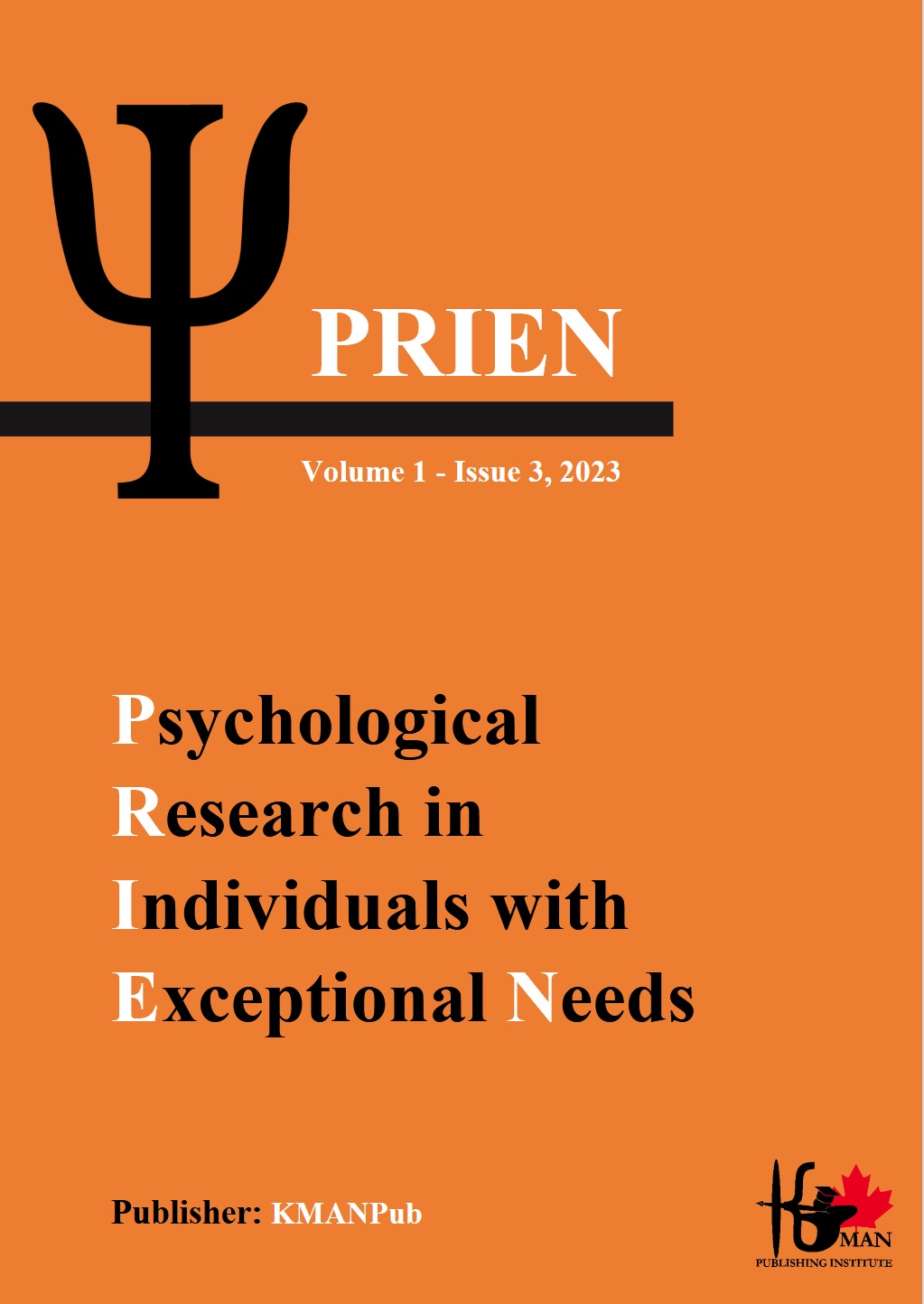Social Development in Gifted Children: Challenges and Opportunities
Keywords:
Social Development, Gifted Children, Challenges, OpportunitiesAbstract
Gifted children, recognized for their exceptional intellectual abilities and advanced cognitive skills, often face unique challenges and opportunities in their social development. This letter aims to shed light on these complexities, exploring the factors that influence the social skills of gifted children and suggesting strategies for supporting their social growth. Continued research is vital to understand better the social development of gifted children and the effectiveness of various interventions. Studies focusing on diverse populations and contexts can provide insights into how different factors influence social outcomes. By building a robust evidence base, educators, parents, and policymakers can develop more effective strategies to support the social development of gifted children. The social development of gifted children is a multifaceted issue that requires a nuanced understanding of their unique challenges and opportunities. While gifted children may face difficulties in peer acceptance and social-emotional adjustment, they also possess advanced social skills and problem-solving abilities that can be harnessed to promote positive social interactions. Educators and parents play a crucial role in providing the support and interventions needed to nurture these skills. By adopting an equity-focused approach and implementing innovative strategies, we can ensure that gifted children thrive both socially and academically.
Downloads
References
Baker, B. D. (2001). Measuring the Outcomes of State Policies for Gifted Education: An Equity Analysis of Texas School Districts. Gifted Child Quarterly, 45(1), 4-15.https://doi.org/10.1177/001698620104500102
Bozkurt, A. (2024). The Relationship Between Giftedness and Sex and Children’s Theory of Mind Skills and Social Behavior. Children, 11(2), 253.https://doi.org/10.3390/children11020253
Dixson, D. D. (2022). Moving Beyond the Gifted Label in Gifted Education: An Equity Perspective. Gifted Education International, 38(3), 425-430.https://doi.org/10.1177/02614294211065217
França-Freitas, M. L. P. d., Prette, A. D., & Zilda Aparecida Pereira Del, P. (2014). Social Skills of Gifted and Talented Children. Estudos De Psicologia (Natal), 19(4), 288-295.https://doi.org/10.1590/s1413-294x2014000400006
Gallagher, J. J. (2015). Peer Acceptance of Highly Gifted Children in Elementary School. Journal for the Education of the Gifted,38(1), 51-57.https://doi.org/10.1177/0162353214565549
Needham, V. (2012). Primary Teachers' Perceptions of the Social and Emotional Aspects Of Gifted and Talented Education. Apex, 17(1), 1-18.https://doi.org/10.21307/apex-2012-006
Pilarinos, V., & Solomon, C. R. (2016). Parenting Styles and Adjustment in Gifted Children. Gifted Child Quarterly, 61(1),87-98.https://doi.org/10.1177/0016986216675351
Rosselet, J. G., & Stauffer, S. D. (2013). Using Group Role-Playing Games With Gifted Children and Adolescents: A Psychosocial Intervention Model. International Journal of Play Therapy, 22(4), 173-192.https://doi.org/10.1037/a0034557
Saranlı, A. G., & Metin, N. (2012). Social-Emotional Problems Observed in Gifted Children. Ankara Universitesi Egitim Bilimleri Fakultesi Dergisi, 139-163.https://doi.org/10.1501/egifak_0000001239
Saygili, G. (2014). Problem-Solving Skills Employed by Gifted Children and Their Peers in Public Primary Schools in Turkey. Social Behavior and Personality an International Journal, 42(1), 53S-63S.https://doi.org/10.2224/sbp.2014.42.0.s53
Downloads
Additional Files
Published
Issue
Section
License

This work is licensed under a Creative Commons Attribution-NonCommercial 4.0 International License.
















